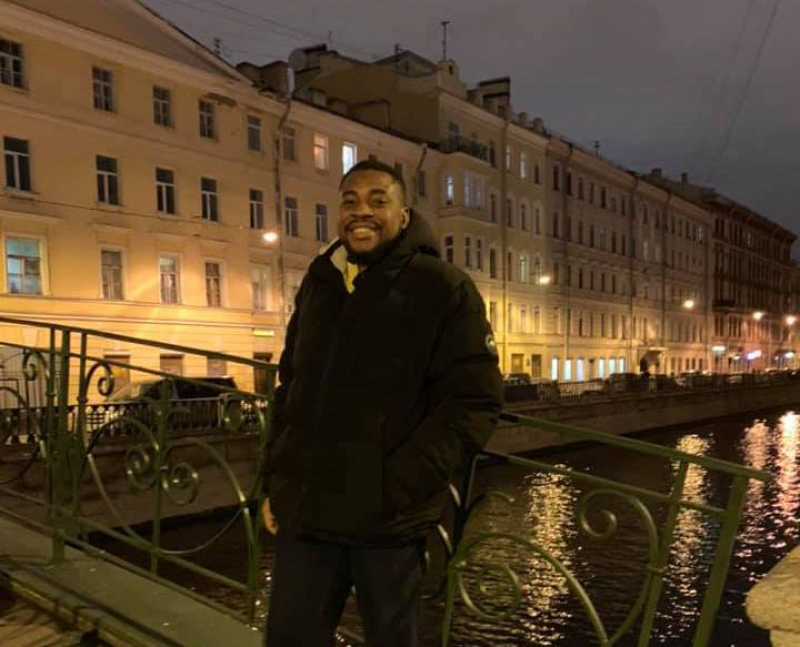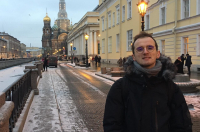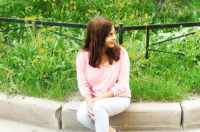How did you become interested in contributing to the environment in a positive way?
As a kid, I wanted to be a mechanical engineer. I was fascinated by the idea of building cars and for this reason, I was consistent in taking science classes throughout high school. However, towards the end of my high school year, there was major unrest in my birth state in Nigeria.
I was born and raised in Rivers State, which is part of a total of nine states known as the Niger Delta states. They make up the oil-producing region in Nigeria, known for its tropical weather with lots of swamps, creeks, fishing ground and a large mangrove area.
Due to the activities of major oil and gas producing companies, the environment in the region became heavily polluted. The air became toxic from air pollution. Fishing and farming activities were affected by water and soil contamination, respectively. In no time, the youth took up arms (Niger Delta Militants) against the government and companies to fight for a better environment and compensation for the damages. A lot of lives were lost during this period.
Seeing this as a teenager made me decide to be part of a change but not with weapons. I want to be able to provide solutions to environmental issues so I studied Agricultural and Environmental Engineering at Rivers State University.
As someone who is very involved in environmental issues more than the average person, could you share some things we can all do to improve the situation?
Well, as individuals, we can help by becoming more environmentally friendly by reducing our carbon footprint. This includes reducing the number of times we fly, reducing our energy consumption, reducing our food waste, separating waste for better recycling, etc. This may seem small but it could have a major impact if more people followed these practices. Research shows that recycled materials such as glass, plastic, aluminium, and steel have reduced emissions to 41%, 37%, 96%, and 87% respectively compared to using new materials for production. I think this is an area where all of us can start.”
How is your exchange in Denmark going? Did you find any big differences between your first days in Russia and in Denmark?
The exchange is going great. The classes are really long here in Denmark: all classes last for four hours, although the lecturers try to keep the class interested for the entire time. The classes are also very practical and engaging and most of the lecturers are very experienced in their field. The university also provides the software you need for your field of study and most of this software is expensive in the open market but available for students at the university. This makes your work remarkably easy.
My first days in Denmark were much easier than my first days in Russia because almost everyone in Denmark speaks English fluently, unlike in Russia. In fact, I have not been in a situation where I needed an interpreter. Although ITMO made it easy for me in Russia because I had a buddy that was my personal interpreter and personal guide for the first few days.
What is something you miss the most about St. Petersburg?
The beauty of the city! I miss the trams, the metro and the beautiful night lights in the city center. St. Petersburg is a really beautiful city. I also miss my course mates and friends at ITMO. Especially my friends in the dormitory.
If a genie granted you 3 wishes, what would you choose?
I’d wish for a fully sponsored Ph.D. position after my master’s doing life-changing research in my field. I’d wish for a two week-holiday with my wife. Studying for the past months away from her has taken a toll on me. And I’d wish to travel around Europe.
Interested in a semester or a short-term exchange program abroad? Contact ITMO University’s International Educational Programs Office.
Written by Ethan Avila



